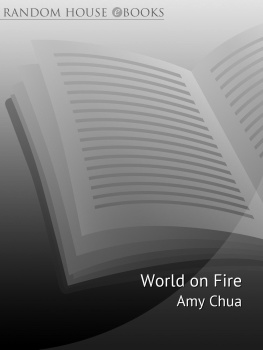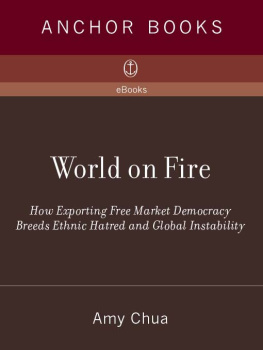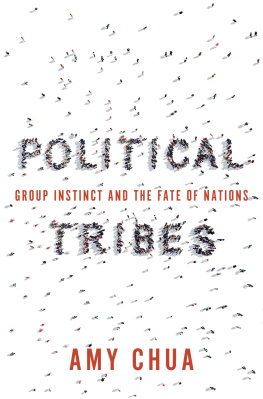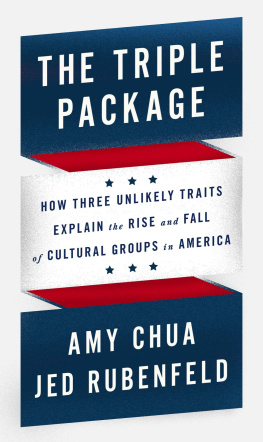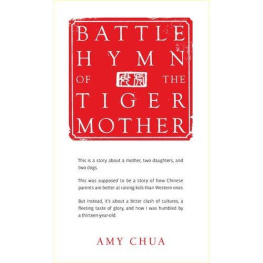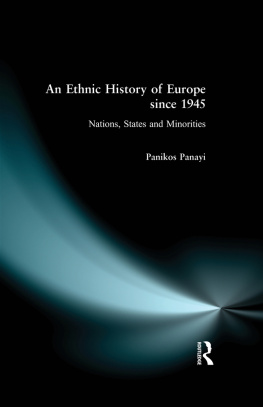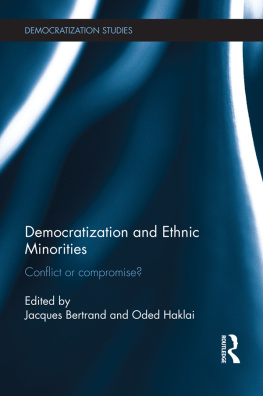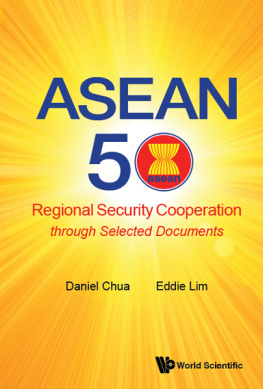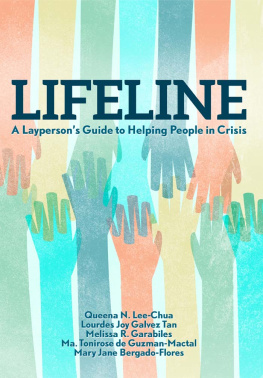Contents
PART ONE
The Economic Impact of Globalization
1. Rubies and Rice Paddies
Chinese Minority Dominance in Southeast Asia
2. Llama Fetuses, Latifundia, and La Blue Chip Numero Uno
White Wealth in Latin America
3. The Seventh Oligarch
The Jewish Billionaires of Post-Communist Russia
4. The Ibo of Cameroon
Market-Dominant Minorities in Africa
PART TWO
The Political Consequences of Globalization
5. Backlash against Markets
Ethnically Targeted Seizures and Nationalizations
6. Backlash against Democracy
Crony Capitalism and Minority Rule
7. Backlash against Market-Dominant Minorities
Expulsions and Genocide
8. Mixing Blood
Assimilation, Globalization, and the Case of Thailand
PART THREE
Ethnonationalism and the West
9. The Underside of Western Free Market Democracy
From Jim Crow to the Holocaust
10. The Middle Eastern Cauldron
Israeli Jews as a Regional Market-Dominant Minority
11. Why They Hate Us
America as a Global Market-Dominant Minority
About the Book
Amy Chuas remarkable and provocative book explores the tensions of the post-Cold War globalising world. As global markets open, ethnic conflict worsens and democracy in developing nations can turn ugly and violent. Chua shows how free markets have concentrated disproportionate, often spectacular wealth in the hands of resented ethnic minorities market-dominant minorities. Adding democracy to this volatile mix can unleash suppressed ethnic hatred and bring to power ethno-nationalist governments that pursue aggressive policies of confiscation and revenge.
Chua is not an anti-globalist. But she presciently warns that, far from making the world a better and safer place, democracy and capitalism at least in the raw, unrestrained form in which they are currently being exported are intensifying ethnic resentment and global violence, with potentially catastrophic results.
About the Author
Amy Chua is a professor at Yale Law School. She lives in New Haven, Connecticut.
To my mother and father
Acknowledgments
I am grateful to many people for their contributions to this book, but my greatest debt by far is to my husband Jed Rubenfeld, who for a decade has read every word Ive written. I am the fortunate beneficiary of his kindness and genius.
I am also deeply grateful to a number of friends and professional colleagues. Strobe Talbott and Russell Pittman both read earlier drafts of the manuscript in its entirety and gave me tremendously helpful criticisms and suggestions. Others who provided invaluable comments on particular chapters include Bruce Ackerman, Yochai Benkler, Owen Fiss, Or Gozani, Jonathan Hecht, Donald Horowitz, Martin Michael, Elchi Nowrojee, Jeff Powell, George Priest, Susan Rose-Ackerman, Jennifer Roth-Gordon, David Steinberg, Alan Tan, and especially Amalia Anaya, Gonzalo Mendieta, and Jorge Patio, who tried valiantly to correct my North American misconceptions. Errors, of course, are mine alone.
Many research assistants devoted dozens, in some cases hundreds, of hours to this book. In particular, I would like to thank Ivana Cingel, Alana Hoffman, David Penna, Rory Phimester, Lara Slachta, Brent Wible, and especially Jason Choy, who amazed me with his dedication and willingness to help at all hours. The following former students also provided extremely helpful assistance and often local expertise: Migai Akech, Homayoon Arfazadah, Hubert Baylon, Jennifer Becker, Jennifer Behr, Ikenna Emehelu, Jeff Federman, Ben Hance, Lidia Kidane, Nimrod Kozlovski, Bianca Locsin, Toni Moore, Gonzalo Zegarra Mulanovich, Christina Owens, Caio Mario da Silva Pereira Neto, Tom Perriello, Emily Pierce, Uzi Rosha, Damian Schaible, Bill Scheffer, Daniel Sheridan, Saema Somalya, Suchon Tuly, Anders Walker, Kanchana Wang, and Tammy Zavaliyenko.
Many individuals were interviewed for this book, and I am thankful to them for their time and frankness. In most cases I have changed their names and other identifying factors to protect their anonymity.
This book is based on three earlier academic articles of mine: The Paradox of Free Market Democracy: Rethinking Development Policy, Harvard International Law Journal 41 (2000): 287379, Markets, Democracy, and Ethnicity: Toward a New Paradigm for Law and Development, Yale Law Journal 108 (1998): 1107, and The Privatization-Nationalization Cycle: The Link Between Markets and Ethnicity in Developing Countries, Columbia Law Review 95 (1995): 223303. I could not have written those articles without the friendship, support, and generosity of Dean Pamela Gann and Dean Katharine Bartlett of the Duke Law School and Dean Anthony Kronman of the Yale Law School.
Gene Coakley of the Yale Law School Library awed me with his energy and resourcefulness and has my great admiration and gratitude. I would also like to thank Miriam Abramowitz, Nicole Dewey, Frances Hamacher, and Patricia Spiegelhalter for their assistance and encouragement.
My love and thanks to Sophia and Louisa Chua-Rubenfeld for their patience and insights and for being my antidotes to despair.
Finally, I am deeply indebted to my agents Glen Hartley and Lynn Chu for believing in this project and to my brilliant editor, Adam Bellow.
INTRODUCTION
Globalization and Ethnic Hatred
ONE BEAUTIFUL BLUE morning in September 1994, I received a call from my mother in California. In a hushed voice, she told me that my Aunt Leona, my fathers twin sister, had been murdered in her home in the Philippines, her throat slit by her chauffeur. My mother broke the news to me in our native Hokkien Chinese dialect. But murder she said in English, as if to wall off the act from the family, through language.
The murder of a relative is horrible for anyone, anywhere. My fathers grief was impenetrable; to this day, he has not broken his silence on the subject. For the rest of the family, though, there was an added element of disgrace. For the Chinese, luck is a moral attribute, and a lucky person would never be murdered. Like having a birth defect, or marrying a Filipino, being murdered is shameful.
My three younger sisters and I were very fond of my Aunt Leona, who was petite and quirky and had never married. Like many wealthy Filipino Chinese, she had all kinds of bank accounts in Honolulu, San Francisco, and Chicago. She visited us in the United States regularly. She and my fatherLeona and Leonwere close, as only twins can be. Having no children of her own, she doted on her nieces and showered us with trinkets. As we grew older the trinkets became treasures. On my tenth birthday she gave me ten small diamonds, wrapped up in toilet paper. My aunt loved diamonds and bought them up by the dozen, concealing them in empty Elizabeth Arden face moisturizer jars, some right on her bathroom shelf. She liked accumulating things. When we ate at McDonalds, she stuffed her Gucci purse with free ketchups.
Next page
